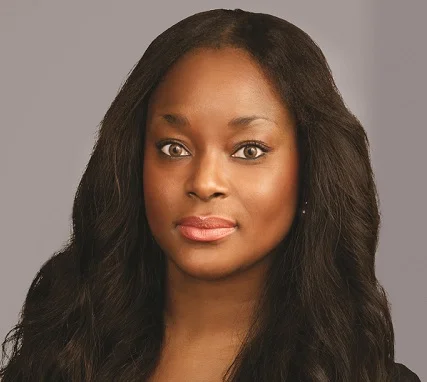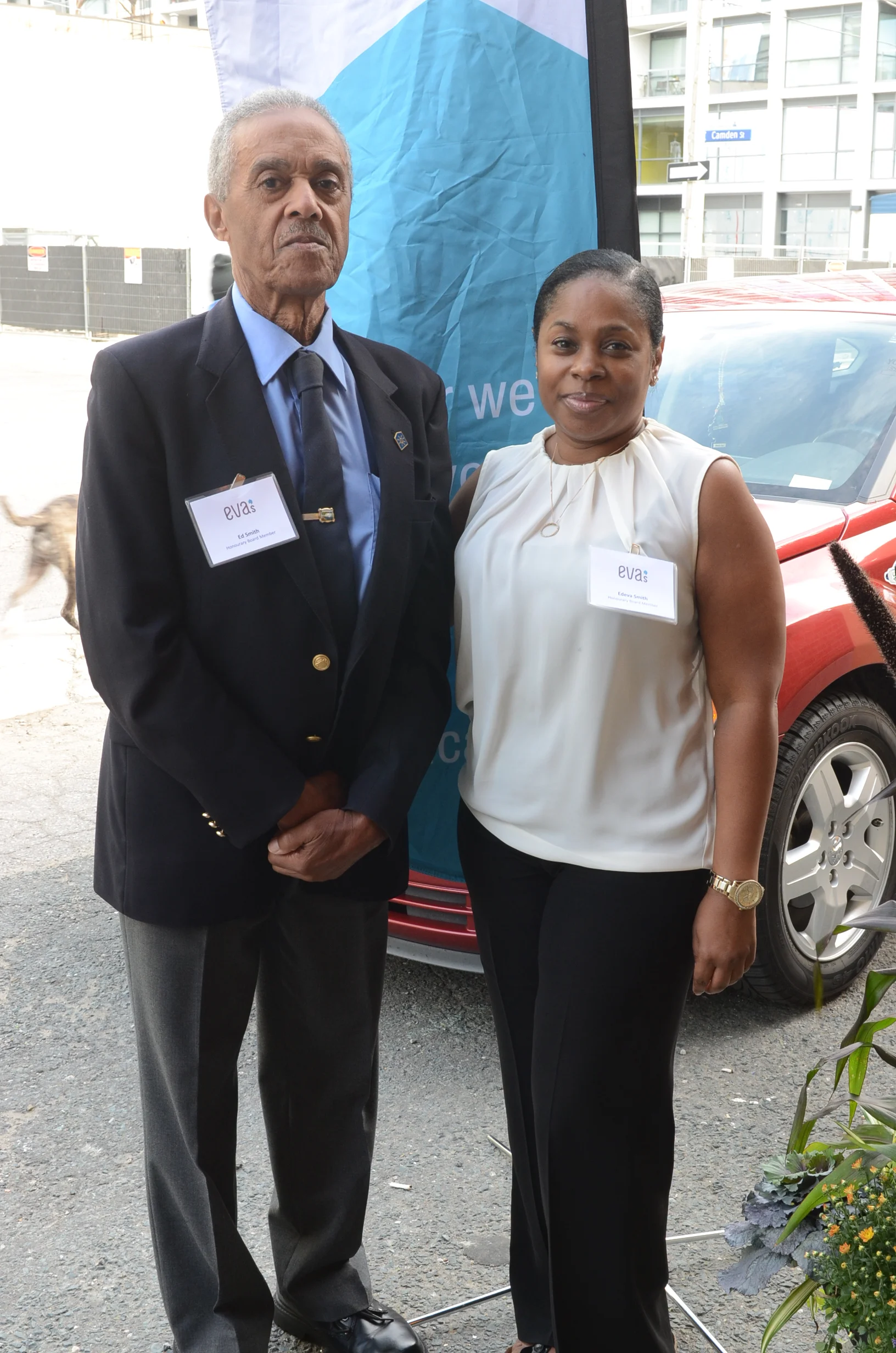Physician to embark on medical mission in Jamaica
Finding the perfect role model and mentor was easy for Dr. Aisha Lofters.
Her father, Dr. Wycliffe Lofters – an eminent oncologist – taught hundreds of medical students at the University of the West Indies (UWI) Mona campus and Queen’s University before retiring two years ago.
Around the family’s dining table, he often had medical conversations with his daughter and her older brother, Dr. Steven Lofters, a Queen’s graduate and radiologist at X-Ray & Diagnostic Ultrasound Consultants Ltd. in Jamaica.
“He never pushed us or forced us,” said Dr. Lofters. “He always emphasized that we should find our own way. He really loved what he did and would often tell us that when you encounter a patient, you don’t look at their clothing or skin colour or anything else. The important thing was to recognize these are people who need your help.”
The line of reasoning resonated with Lofters who, at a young age, knew that she wanted to be a physician.
“I, however, didn’t know I wanted to do family medicine until I was in medical school where you get exposed to pretty much every specialty,” she said. “When I did my family medicine rotation, I fell in love with it. I also had some great mentors in medical school and I loved the fact that you are not just dealing with one body part or system. You are dealing with the entire person and I really like that. I also always wanted to do research because I love math, statistics and writing.”
Migrating from Jamaica three decades ago, the family spent a year in Scarborough before relocating to Kingston to be close to the family patriarch’s workplace.
Attracted to Toronto’s diversity, Lofters returned to the Greater Toronto Area to start her post-secondary education after graduating from Bayridge Secondary School.
She pursued a double major in human biology and Caribbean Studies at the University of Toronto (U of T).
“I did human biology to provide myself with background information I would need for medicine,” said Lofters. “As for the Caribbean Studies major, I did that to learn about me, who I am and where I came from. I studied Caribbean history and literature and had some amazing classes and teachers, among them Dr. Arnold Itwaru who challenged the establishment and his students to think critically about everything that comes across our path. I definitely left U of T with a stronger sense of myself as a Jamaican woman.”
Accepted at U of T, Queen’s University and the University of Western Ontario, Lofters chose to do her medical degree studies at the University of Maryland School of Medicine in Baltimore.
“I opted to go to the United States to get a different experience, but I always knew I would come back to Canada to practice in this country’s health care system,” she said.
Lofters stuck to her plan.
She completed her MD in 2004 and her residency at Mount Sinai Hospital two years later and, same year, embarked on a journey with the U of T Family & Community Medicine based at St. Michael’s Hospital. Her research interests include health equity, immigration health and cancer screening, using a broad range of methods including secondary database analysis and community-based participatory research.
“I am a Black female, so I am part of that whole group who are at risk of being marginalized and receiving lower quality care,” she said. “That is something that has always been part of my consciousness.”
While at St. Michael’s, Lofters finished her doctorate at the U of T in 2012. Her dissertation title was “Cervical Cancer Screening Among Immigrants in Ontario”.
A family physician with the St. Michael’s Hospital Academic Family Health Team and scientist with the hospital’s Li Ka Shing Knowledge Institute, Lofters led a team that recently completed a study that suggests that people with disabilities face relatively challenging health care needs.
Conducted over the summer at a family health team in Kitchener, the study compared 40 high-needs patients at the team’s mobility clinic for people with disabilities with 80 people from the team’s general patient population.
Lofters found that half of the clinic’s patients with disabilities had visited the emergency room at least once in the preceding year despite having access to primary care, compared to about 30 per cent of clinic patients without disabilities; patients from the mobility clinic were twice as likely to report an annual household income of less than $40,000 and were more likely to report their health status as fair or poor; patients with disabilities were also more than twice likely to be on financial benefits or social assistance than patients from the general population and surveyed mobility clinic visitors were mostly senior males who often experienced additional health issues relating to their physical impairment.
“As our general population ages, it’s important to recognize that that large group of people may start experiencing socio-economic disparities and physical ailments and it’s our responsibility to make sure they don’t fall through the cracks of our current health care system,” said Lofters who is an assistant professor in the U of T department of family & community medicine and an adjunct scientist at the Institute for Clinical Evaluative Sciences.
As part of their future work, Lofters’ team plans to investigate if broader mobility clinic access helps to deter patients with disabilities from frequently visiting the emergency department.
Though busy at work and at home raising two young sons, Lofters is eager to contribute to Jamaica.
She returns to her birth country in October on a medical mission and has collaborated with a UWI researcher on a small study focusing on burnout among family doctors in Canada and Jamaica.
“I am trying to establish some relationships and do some research in Jamaica,” said Lofters who visits the Caribbean country at least once annually. “I have a big interest in being able to give back to the country of my birth. Though I haven’t lived in Jamaica for most of my life, the country is a very important part of who I am.”
Two years ago, she launched a scholarship in her parents’ names at UWI.
The Can$1,000 Dr. Wycliffe and Felicia Lofters annual award is granted annually to a second or third-year faculty of humanities & education student residing in a rural community who is majoring in math or science.
Both parents are UWI graduates.
Her mother received her Bachelor of Education degree in education and taught science at Immaculate Conception High School where she also served as head of the science department.






